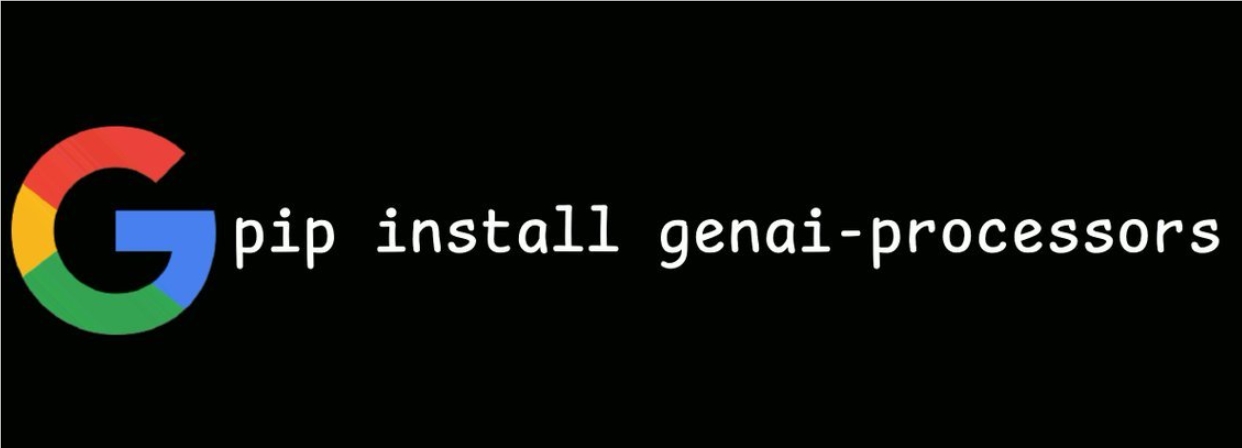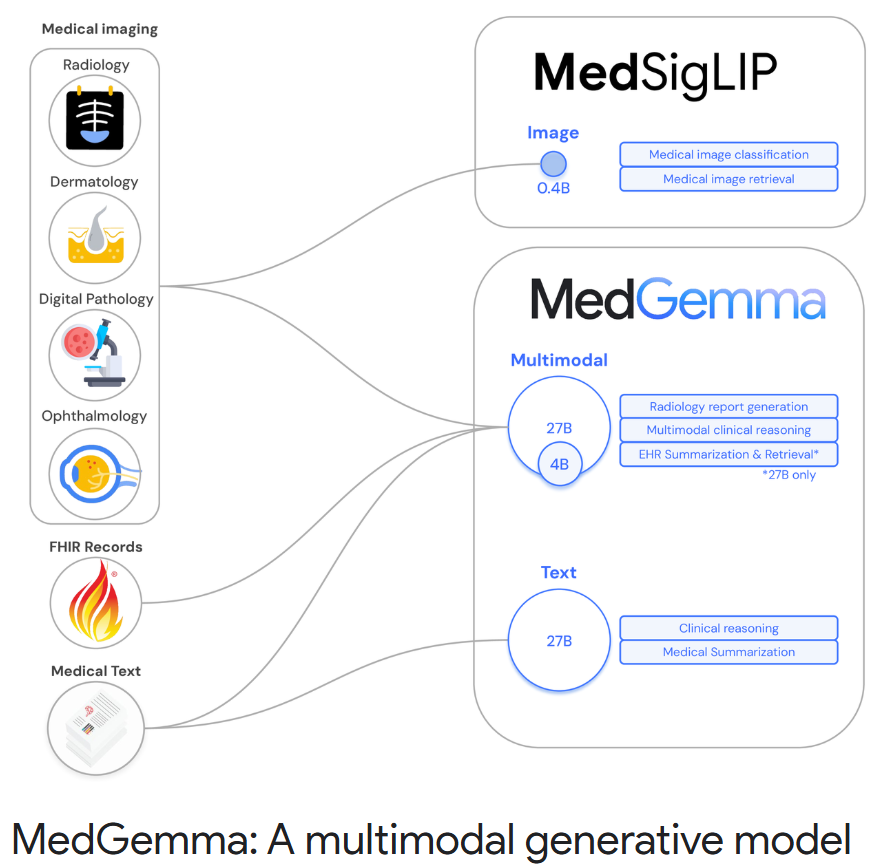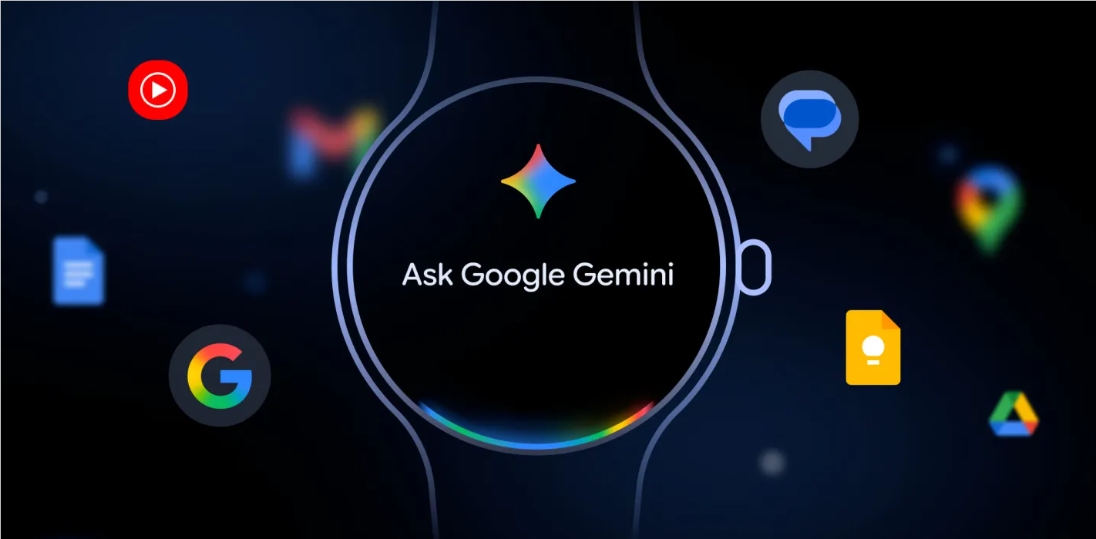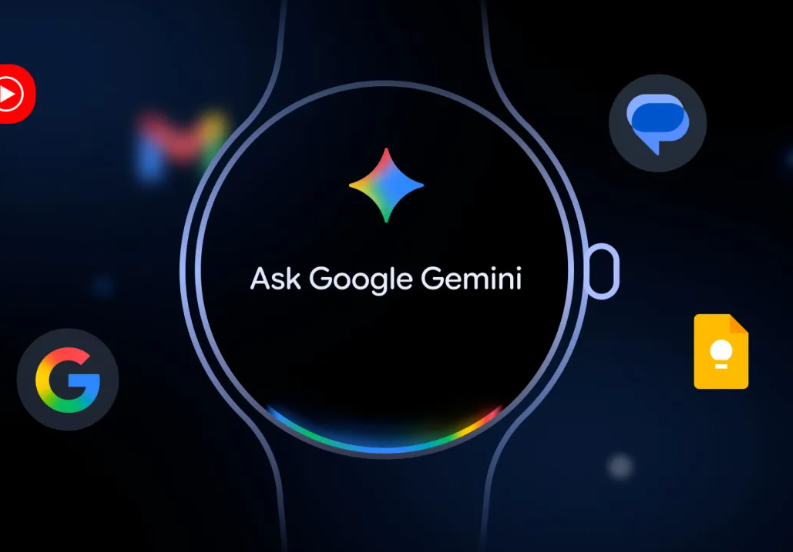With the advancement of artificial intelligence technology, companies like Google and Meta are using user reviews or ratings to generate AI responses on their platforms, which could lead to new legal risks of defamation.
Legal experts in Australia point out that when users post potentially defamatory comments on platforms like Google or Facebook, it is usually the users themselves who face legal liability. However, in 2021, a significant ruling by the Australian High Court in the Dylan Voller case held that platforms hosting defamatory comments, such as social media pages, could also be liable for these comments.

In the past, these tech companies have been sued multiple times over defamation issues. For example, Google was forced to pay former Deputy Premier of New South Wales, John Barilaro, over AUD 700,000 in 2022 due to a defamatory video hosted by the company. Additionally, Google was ordered to pay AUD 40,000 in 2020 for linking to a news article about a Melbourne lawyer in search results, although this ruling was later overturned by the High Court.
Last week, Google began rolling out map features based on its new AI technology, Gemini, in the US, allowing users to query recreational spots or activities and summarize user reviews of restaurants or locations. Meanwhile, Google also introduced an AI summary feature in search results for Australian users, providing concise summaries of search results. Meta has started offering AI-generated summaries of comments on its Facebook platform, particularly those posted by news agencies.
Legal expert Michael Douglas suggests that as these technologies are promoted, some cases may go to court. He believes that if Meta absorbs comments and generates responses containing defamatory content, Meta could be considered a publisher and potentially face defamation liability. He notes that while companies might argue "innocent dissemination," the chances of this defense succeeding are slim.
Senior lecturer in law at the University of Sydney, David Rolph, says that the repetition of defamatory comments by AI could pose problems for tech companies, although recent defamation law reforms might have reduced the risks. He points out that the new legal reforms were implemented before the widespread application of AI technology, and thus did not fully address the challenges posed by the new technology.
In response to these legal risks, Miriam Daniel, Vice President of Google Maps, says that their team is working to remove fake reviews, and the AI technology aims to provide a "balanced perspective." Meta also states that its AI is continuously improving and may occasionally produce inaccurate or inappropriate outputs.
Key Points:
📌 Australian legal experts warn that AI-generated content from Google and Meta may face new defamation risks.
📌 A 2021 ruling held that platforms hosting defamatory comments could also be liable for legal responsibility.
📌 Google and Meta are rolling out AI features while strengthening management of fake reviews to mitigate legal risks.










